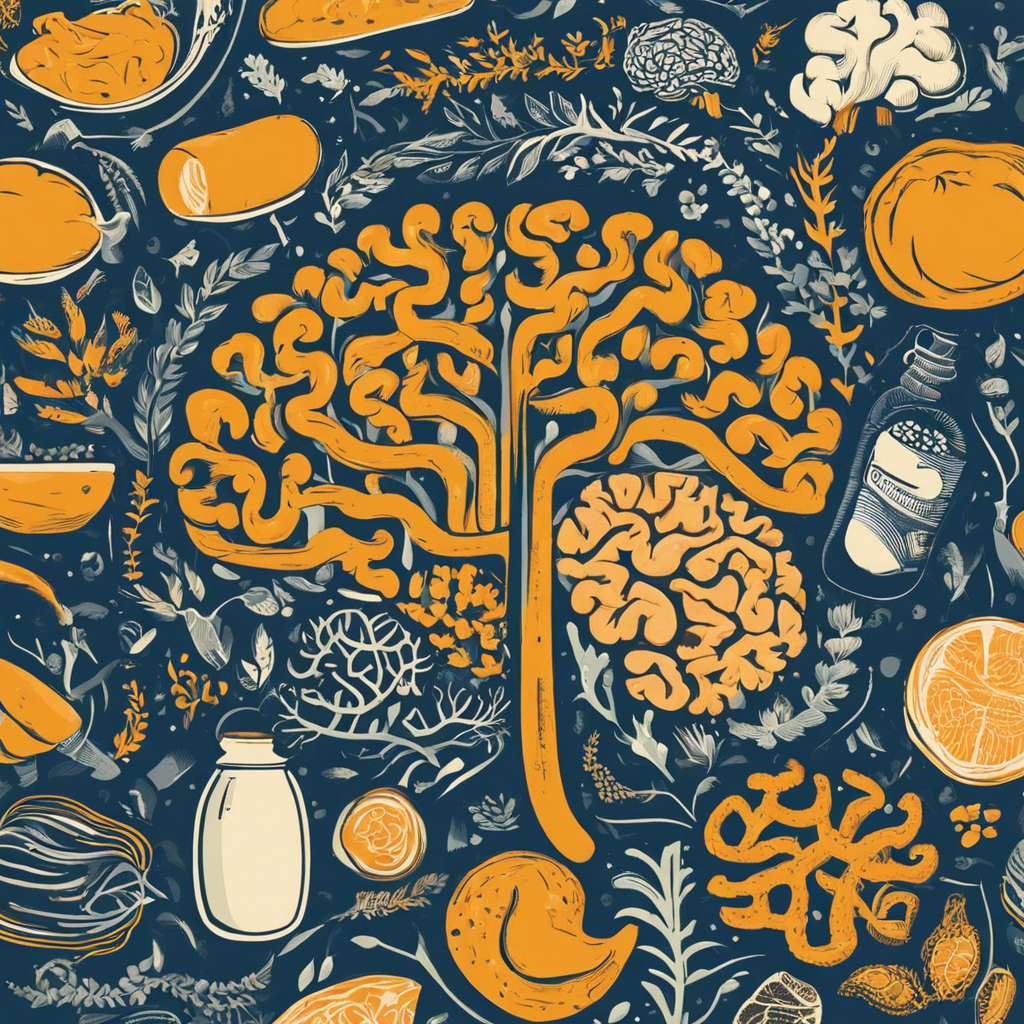The intricate and fascinating connection between the gut and the brain has been a topic of growing interest and research in recent years. This link, often referred to as the gut-brain axis, highlights how our digestive health can have a significant impact on our mental well-being. While the concept may seem novel to some, the understanding of this relationship is rooted in centuries of traditional medicine and an evolving field of neuroscience.
Our gut is often referred to as our “second brain,” and for good reason. This complex network of neurons lining our gastrointestinal tract communicates directly with our brain, influencing a range of functions from digestion to emotions. In fact, our gut produces a significant portion of the body’s serotonin, a neurotransmitter known for regulating mood, appetite, and sleep. So, when our gut health is compromised, the impact can be felt not just physically but mentally and emotionally as well.
A growing body of research supports the idea that an imbalance in the gut microbiome, the diverse population of microorganisms residing in our gut, can contribute to a range of mental health conditions including anxiety, depression, and even cognitive disorders. For example, studies have found that individuals with conditions such as irritable bowel syndrome (IBS) often experience symptoms of anxiety and depression concurrently. This correlation suggests that the inflammation and imbalance of gut bacteria associated with IBS may play a role in influencing mental health.
Probiotics, or beneficial bacteria, have been increasingly recognized for their potential to support not only digestive health but also mental well-being. Introducing probiotics through certain foods or supplements can help restore balance to the gut microbiome, which in turn may positively influence mood and cognitive function. Additionally, prebiotics, which act as food for the beneficial bacteria in our gut, can further support the growth and maintenance of a healthy gut microbiome.
The impact of the gut-brain axis is a reminder that our physical and mental health are intrinsically linked. By understanding and appreciating this connection, we can begin to explore holistic approaches to wellness that address the body as a cohesive system. This may include incorporating dietary changes, stress management techniques, and lifestyle interventions that nurture both gut and mental health.
The gut-brain axis also underscores the importance of personalized medicine, as each individual’s gut microbiome is unique. Future research in this field may lead to tailored interventions that target specific microbial imbalances associated with particular mental health conditions. By manipulating the gut microbiome, it may be possible to develop innovative treatments that work in harmony with the body’s natural processes.
Furthermore, the gut-brain axis has important implications for the understanding of the mind-body connection in broader philosophical and spiritual contexts. This connection challenges the traditional Western view of the mind and body as separate entities, inviting a more holistic perspective that recognizes the intricate interplay between our physical and mental states.
The gut-brain axis also serves as a reminder of the powerful role that our gut instincts and emotions play in our daily lives. Our gut reactions, often viewed as primal or instinctual, are now understood to be influenced by this complex communication network between our gut and brain. This knowledge may help us better appreciate the wisdom of trusting our gut feelings and the importance of nurturing our gut health for overall well-being.
In conclusion, the emerging field of gut-brain axis research is reshaping our understanding of the complex interplay between our digestive and mental health. By recognizing and appreciating this connection, we can embrace a more holistic approach to wellness that acknowledges the profound impact of the gut-brain connection on our overall health and sense of well-being. Further research and exploration in this field hold exciting potential for the development of innovative treatments and a deeper understanding of the intricate mind-body connection.
